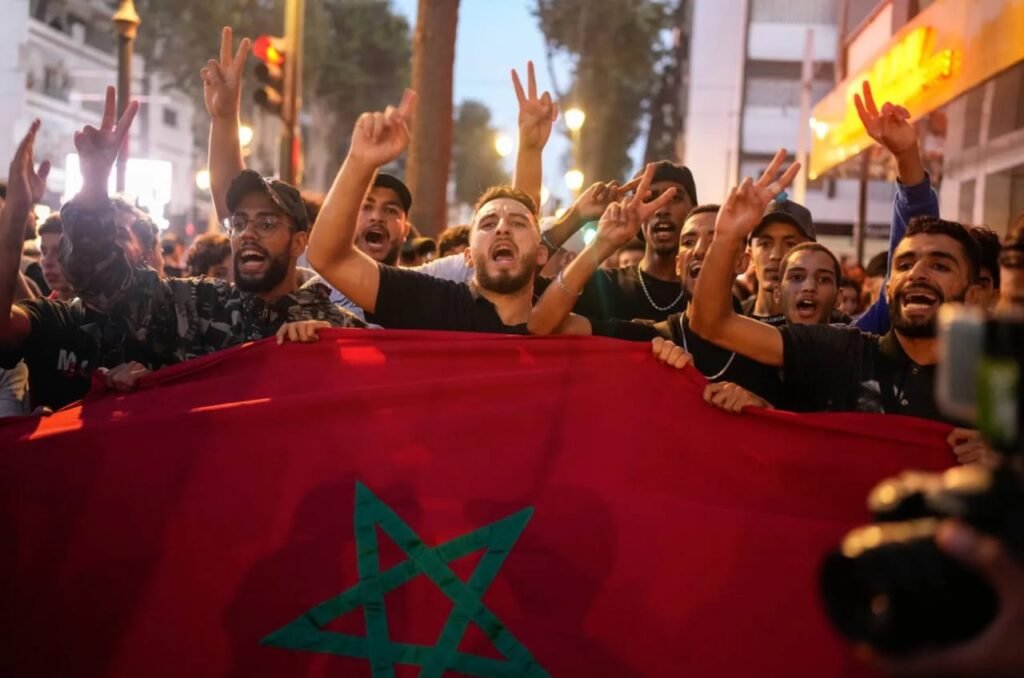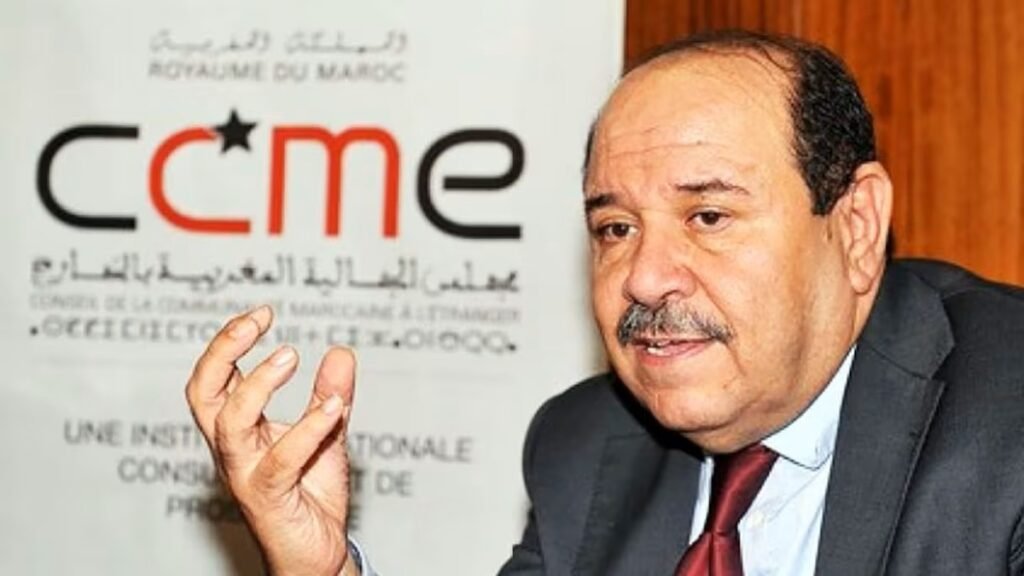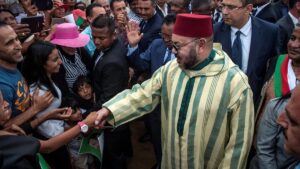Youth and the Voice of the Stage: From Protest to Contribution to Building the National Project

Dr. Abdullah Boussouf (Historian, Secretary General of the Council of the Moroccan Community Abroad)
Recently, a new generation has emerged in Morocco, expressing itself in ways different from those of previous generations. This is Generation Z, born into an open digital world, adept at rapid communication tools and possessing an advanced critical awareness. Yet, it also experiences growing frustration due to unemployment, the high cost of living, and diminished hope for the future. This generation in Morocco has emerged with a slogan of peacefulness and economic and social demands that reflect its aspirations. However, what distinguishes these movements, despite their sincerity, is their general nature, which merely repeats slogans without offering practical, achievable alternatives or programs.
What is happening in Morocco is not isolated from other experiences around the world. In Bulgaria, Romania, Ukraine, Nepal, and Moldova, young people also took to the streets demanding social justice, combating corruption, and improving economic conditions. Governments fell and regimes changed, but the demands themselves remained unfulfilled. Slogans, despite their symbolic power, did not translate into concrete reforms because the youth movements in these countries failed to formulate clear post-protest plans and limited themselves to expressing anger without offering real alternatives. The result was that popular enthusiasm quickly faded, while the economic and social crises remained unabated.
These lessons demonstrate that protest alone is not enough, and that demands, no matter how noble, require a clear political and economic vision. The problem lies not in awareness of the necessity of change, but in the absence of realistic tools for achieving it. As in those experiences, young people in Morocco are demanding dignity and justice, but they need to transition from a phase of rejection to a phase of construction, because slogans without a project will bear fruit.
In this context, the government bears the responsibility of presenting a new political proposal that responds to the demands of the current situation, based on a rational, communicative vision that engages citizens and restores confidence in society, and on economic policies that stimulate creativity and build a knowledge economy as the future's bet. Efforts must also be made to enhance Morocco's image abroad by highlighting its rich cultural heritage and its unique model of diversity and coexistence, thus consolidating its position as a country capable of reconciling authenticity and modernization.
It is also essential to integrate the Moroccan community into the national development process, not only through its financial remittances, but also by leveraging its global expertise and experience, as a human resource that can contribute to the nation's advancement in the fields of technology, science, economy, and culture.
Despite the challenges, Morocco remains a unique case in its regional context, possessing an element of stability that many countries lack. The presence of the king and the people's confidence in him have always served as a safety valve that preserves the cohesion of the state and ensures the continuity of its institutions. This strong relationship between the king and the people has given Morocco the ability to overcome crises and protect its reform process from the pitfalls experienced by other experiences in the region.
In the experiences of other countries, such as Finland, Sweden, and Canada, governments responded intelligently and calmly to youth demands, choosing to listen rather than confront, and to engage in dialogue rather than suppress. These countries created digital platforms and participatory forums that brought together youth and decision-makers, resulting in tangible reforms in employment, education, and housing. In Canada, for example, following student protests in Quebec, a broad national dialogue was launched, leading to programs for youth employment and their inclusion in educational policies. These experiences have demonstrated that a rational approach to demands, and a shift from a mindset of response to one of listening, transforms the energy of protest into a force for proposal and construction.
Today, Morocco possesses all the necessary conditions for success in managing new social and economic demands, provided the national dialogue is directed toward a true partnership between state and society, based on participation, transparency, and realism in proposing alternatives. Reform cannot be achieved by loud voices, but rather through calm and persistent work within a comprehensive national framework that makes youth a force for proposal and a shared responsibility for development, within the framework of our firm principles under the motto "God, Nation, King."






